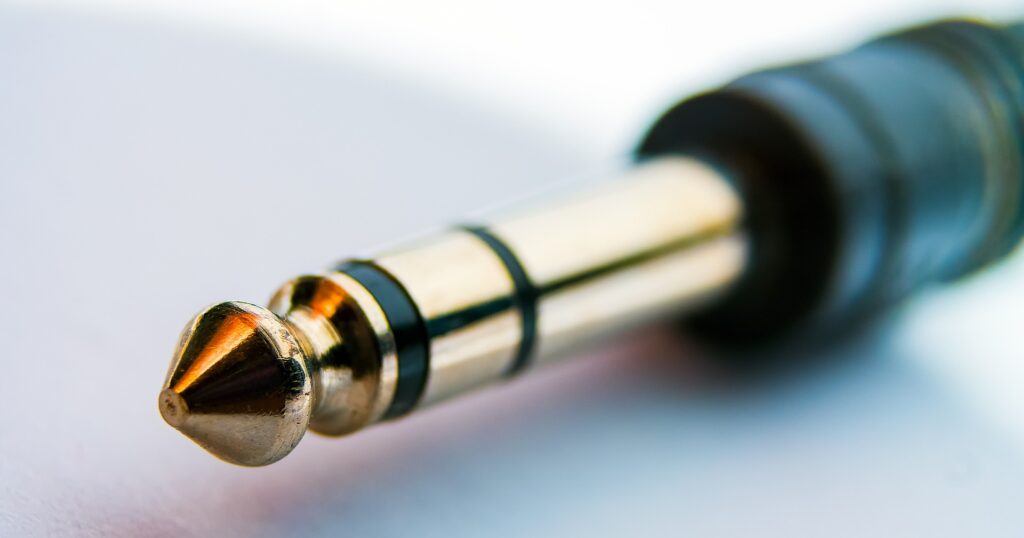Playing guitar is one of the most enjoyable and rewarding experiences that a person can have. Whether you’re just starting out or you’re an experienced musician, it’s important to have the right equipment to make sure your sound is as good as it can be.
One of the most important pieces of equipment that you need is a guitar cable. But with so many options available, it can be difficult to know which one to choose. In this article, we’ll take a look at how to choose the right guitar cable for your needs.
How To Choose the Right Guitar Cable
Consider the Length
The first thing to consider when choosing a guitar cable is the length. If you’re playing on a big stage, you’ll need a longer cable, whereas if you’re playing in a small room, a shorter cable will suffice. The length of the cable will also affect the tone of your guitar.
The longer the cable, the more the high frequencies will be rolled off, resulting in a darker tone. So, if you want a brighter sound, go for a shorter cable.
Look at the Quality
The quality of the cable is another important factor to consider. You want to make sure that the cable you choose is durable and can withstand the wear and tear of regular use. Look for a cable that has a braided shield, as this will provide extra protection against interference and signal loss.
You should also check the quality of the connectors, as these are the most vulnerable parts of the cable. Look for connectors that are made from high-quality materials and are securely fastened to the cable.
Think About the Type of Cable
There are two main types of guitar cables: coaxial and twisted pair. Coaxial cables are the most common and are typically used for short cable runs. They have a single conductor surrounded by a braided shield, which helps to protect against interference.
Twisted pair cables, on the other hand, have two conductors that are twisted together, which helps to cancel out noise and interference. They are generally used for longer cable runs.
Consider the Impedance
The impedance of the cable is another important factor to consider. Impedance is a measure of the resistance of the cable to the flow of electrical current.
Most guitar cables have an impedance of 1 megohm, which is suitable for most guitars and amps. However, if you have a guitar with active pickups or a low-impedance output, you may need a cable with a lower impedance.
Look at the Price
Finally, you need to consider the price of the cable. While you don’t want to skimp on quality, you also don’t want to spend more than you need to. Look for a cable that offers a good balance between quality and price. Generally, you can expect to pay between $20 and $50 for a good quality guitar cable.
Final Thoughts
Choosing the right guitar cable is essential for getting the best possible sound from your guitar. Consider the length, quality, type, impedance, and price when making your decision.
By taking these factors into account, you’ll be able to choose a cable that will provide you with great sound and last for years to come.

